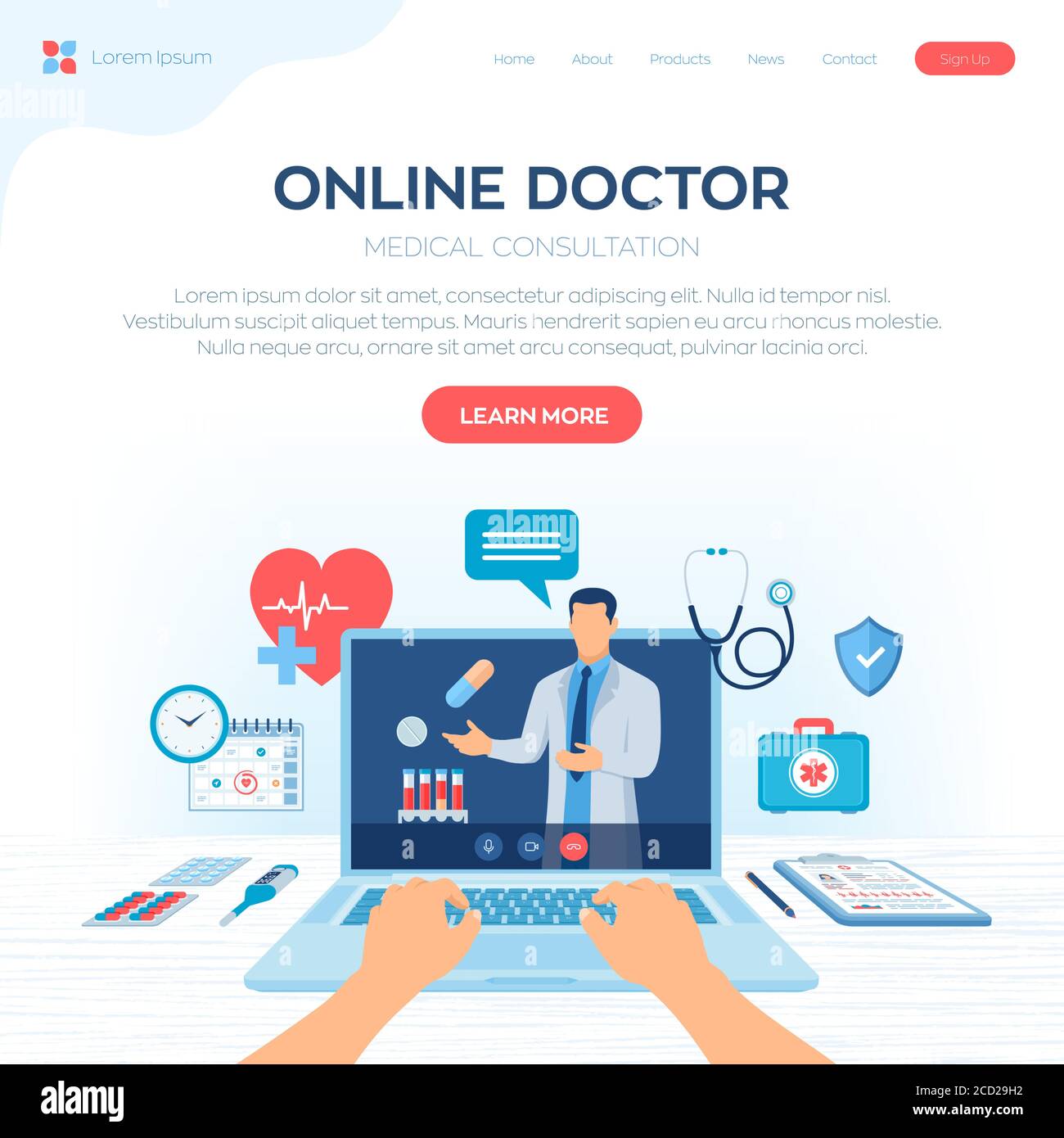How Subscription Based Healthcare is Reinventing Patient Accessibility to Services
Wiki Article
How Subscription-Based Medical Care Is Reinventing the Clinical Industry

The Increase of Registration Medical Care
In recent times, the healthcare market has actually experienced a significant change in the direction of subscription-based versions, reflecting more comprehensive customer trends favoring benefit and predictability. This change is driven by the increasing need for even more customized and accessible treatment services. Subscription healthcare, sometimes referred to as concierge medication or straight health care, provides patients a set monthly fee for a variety of clinical services, considerably modifying typical fee-for-service designs.The rise of subscription health care is promoted by developments in innovation, which enable streamlined interaction between carriers and clients - subscription based healthcare. Digital systems and telehealth solutions have actually ended up being essential, using individuals the capacity to arrange visits, access clinical documents, and receive consultations online. This technological combination not only improves patient engagement however likewise permits service providers to deliver much more effective care
In addition, the registration model aligns with the advancing assumptions of clients that look for even more control over their medical care expenditures and experiences. While this model is acquiring grip, its expansion encounters difficulties such as regulative hurdles and the necessity for more comprehensive approval within the typical healthcare ecological community.
Advantages for Suppliers and clients
Subscription-based healthcare supplies a multitude of benefits for both clients and providers, reshaping the dynamics of healthcare. For people, this design offers enhanced access to healthcare solutions. With a predictable monthly cost, clients can enjoy unrestricted appointments, minimized delay times, and personalized treatment. This plan typically causes an extra proactive strategy to health monitoring, permitting timely interventions that can stop persistent problems from rising. Additionally, the monetary transparency of subscription designs lowers the unpredictability connected with typical fee-for-service billing, alleviating the concern of unforeseen medical expenses.For health care carriers, subscription-based versions cultivate a more lasting and gratifying method. By securing a constant earnings stream, suppliers can concentrate on supplying top notch treatment without the pressure of volume-based service. This design encourages longer client consultations, promoting stronger patient-provider relationships and boosting wellness results. Furthermore, it uses suppliers the versatility to innovate and integrate all natural and preventative treatment techniques. Administrative tasks are usually streamlined, reducing overhanging expenses and enabling service providers to dedicate even more time to client communication. Overall, subscription-based healthcare lines up the rewards of carriers and clients, advertising an extra patient-centered and effective medical care delivery system.
Secret Functions of the Version
Often, the vital attributes of the subscription-based healthcare version highlight its unique technique to supplying clinical services. Central to this model is the principle of predictable, monthly repayments, offering people a detailed array of solutions without the changability of conventional fee-for-service frameworks. This design often consists of limitless access to medical care services, preventative treatment, and regular exams, making certain that people can engage with their medical care service providers proactively rather than reactively.
Furthermore, direct interaction networks, such as telemedicine and messaging platforms, are emphasized, enabling patients to obtain prompt recommendations and assessments without needing in-person appointments. This enhances ease of access and benefit, particularly for people with flexibility constraints or those residing in remote areas. The model additionally fosters more powerful doctor-patient connections, as medical care carriers are incentivized to focus on lasting health end results rather than short-term gos to.
Moreover, subscription-based medical care commonly incorporates technical developments, such as digital health and wellness records and health and wellness monitoring apps, to supply tailored and effective treatment. Clients benefit from worked with and continual treatment management, which is customized to their details health and wellness demands. Eventually, these features collectively develop a patient-centered medical care experience, focusing on accessibility, expense transparency, and precautionary treatment.

Challenges and Factors To Consider
While the subscription-based health care design provides many benefits, it is not without its considerations and difficulties. Subscription models might inadvertently prefer those with greater socioeconomic status, possibly widening differences in health care access for lower-income people that may have a hard time with month-to-month charges.An additional challenge hinges on regulative conformity. Subscription-based health care has to browse an intricate web of regulations that vary by region, consisting of issues around individual discretion, data defense, and state licensing requirements. Making sure compliance without impeding the model's adaptability and technology can be intimidating for suppliers.
In addition, there is the danger of overutilization or underutilization of services. People paying a fixed cost might overuse services, causing raised functional prices, while others could underutilize due to be afraid of burdening the system, possibly disregarding required care.
Future Leads and Innovations
The landscape of subscription-based medical care is positioned for transformation via emerging developments and developing my blog prospects. As innovation remains to advance, the integration of synthetic knowledge and equipment discovering offers considerable chances to improve analysis other precision and improve client management. Predictive analytics can transform preventive treatment by identifying potential health and wellness risks prior to they manifest, consequently lowering both costs and the worry on health care systems.Furthermore, telemedicine is readied to broaden within membership models, offering people boosted access to medical care experts no matter geographical restraints. This not only promotes connection of treatment yet likewise encourages people to involve even more actively in their health and wellness management. Additionally, blockchain innovation supplies possible in protecting individual data and making certain interoperability throughout platforms, cultivating trust fund and transparency.
The development of tailored medicine is an additional frontier, with registration versions giving an unique structure for providing tailored health solutions. Hereditary testing and tailored treatment plans can be seamlessly integrated, lining up person needs with specific clinical treatments. Collaborations between tech firms and medical care carriers are most likely to generate innovative services, boosting client experiences and outcomes. As these prospects emerge, subscription-based medical care has the prospective to redefine just how treatment is delivered and accessed.
Final Thought
Subscription-based health care is transforming the clinical industry by providing a much more easily accessible, predictable, and patient-centered strategy to medical services. Regardless of challenges such as regulatory difficulties and potential disparities in accessibility, the subscription design holds guarantee for a more effective and personalized healthcare experience.Subscription healthcare, often referred to as concierge medicine or direct primary care, supplies clients a fixed monthly charge for an array of medical solutions, significantly modifying conventional fee-for-service versions.
Additionally, the registration version aligns with the developing expectations of people who look for even more control over their healthcare expenses and experiences. For patients, this version offers improved accessibility to medical care services. On the whole, subscription-based health care aligns the incentives of individuals and service providers, promoting a more patient-centered and efficient healthcare delivery system.
Moreover, telemedicine is established to broaden within membership models, offering my latest blog post patients raised access to health care professionals no matter of geographical restrictions. - subscription based healthcare
Report this wiki page